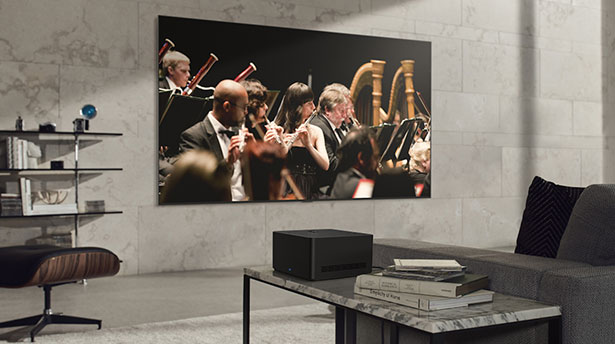Give the perfect gift!

What Hi-Fi? Magazine is the perfect gift for the HiFi entertainment enthusiast in your life.
Think outside the box and treat someone special to 12 months of In-depth reviews of all the latest home cinema, hi-fi and tech.
